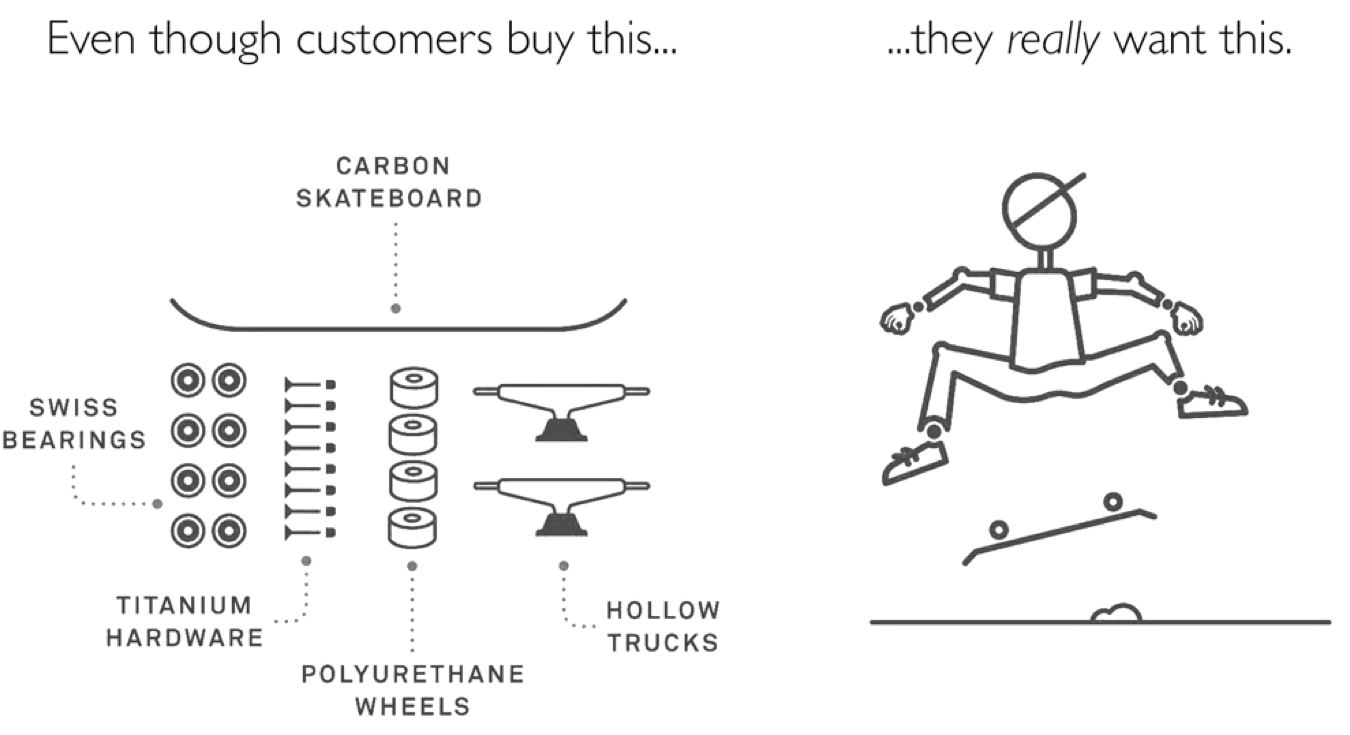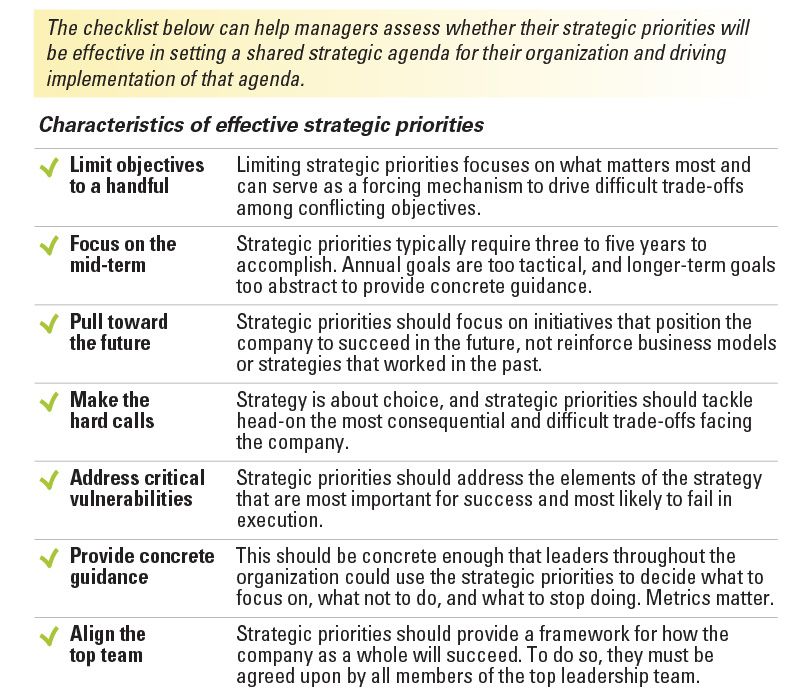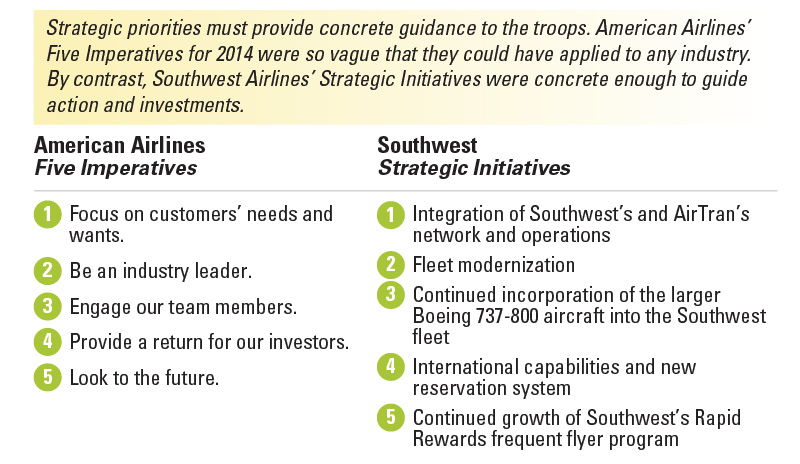Malta que acordou agora para uns itens a dar como respondidos com umas tretas, numa checklist de coisas a fazer por causa da ISO 9001:2015, sobre o contexto e as partes interessadas, pode mergulhar neste mundo de ecossistemas e propostas de valor:
"The purpose of the proposed framework is to extend this literature by making salient and explicit how context, markets, and value co-creation are theoretically related.
...
We propose three levels of context – micro, meso, and macro – that coincide with fundamental processes of value co-creation.
...
How actors draw upon one another as resources is critically dependent on the contexts in which they are embedded. For this reason, actors can be said to be partially defined by their contexts while’their contexts can be said to be partially defined by them (the actors). In other words, actors and’their contexts are mutually constitutive, or partially defined by one another. Each actor brings a unique quality to the context that affects other actors in the context, as well as the’context as a whole. Because each actor in the context is always integrating and exchanging resources with other actors and thereby serving other actors, there is continuous change in the context.
This continuous change highlights a market fluidity that has been understudied in the management and marketing literature. The dynamic and living fluidity of markets is framed, or formed, because of context. Contexts frame markets as interactions or exchanges that we can ‘‘see’’ and ‘‘understand’’. But essentially markets have no beginning or end; they are continuous. Contexts give markets form and function in time and space, whereas markets themselves transcend time and space because market exchanges simultaneously represent past and future service-for-service exchanges among different actors.
...
This points to a fundamental need to differentiate among contexts. This is especially important because actors may be drawn upon as resources in particular contexts, but act as deterrents in other contexts. Simultaneously, a particular context may act as a resource for an individual actor but act as a deterrent for a different actor [Moi ici: Importante para perceber a relevância dos clientes-alvo, ou dos influenciadores, ou dos prescritores]. In this way, resources ‘become’ resources largely as a function of the contexts in which they are embedded; that is, the potential of resources to be drawn upon for service depends on the context in which they are embedded. And, as a result, resources can be more valuable in one context, but less valuable in other contexts. How context influences the value of a resource is one way through which contexts frame exchange and the co-creation of markets."
Continua.































%2006.21.jpeg)












